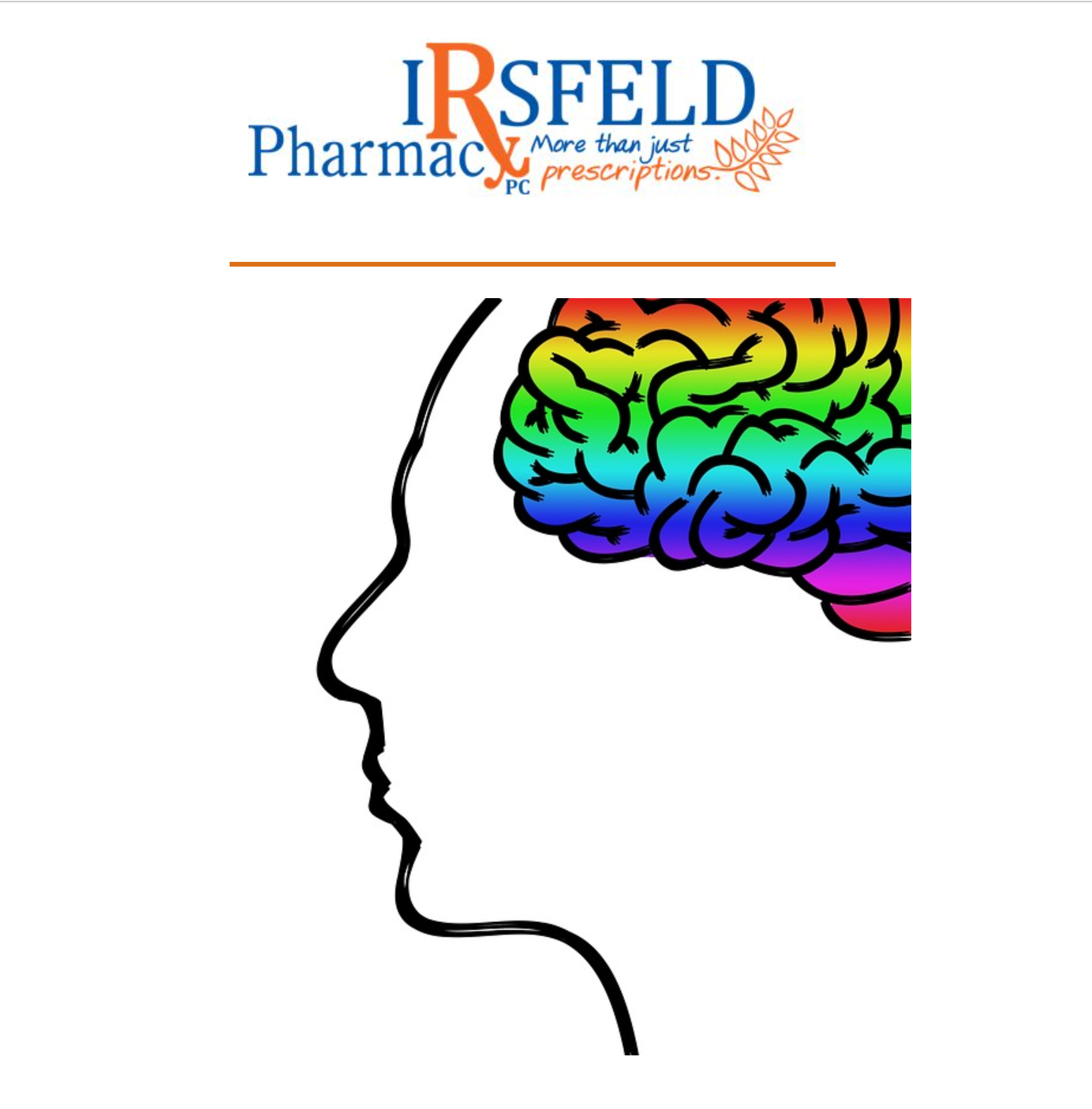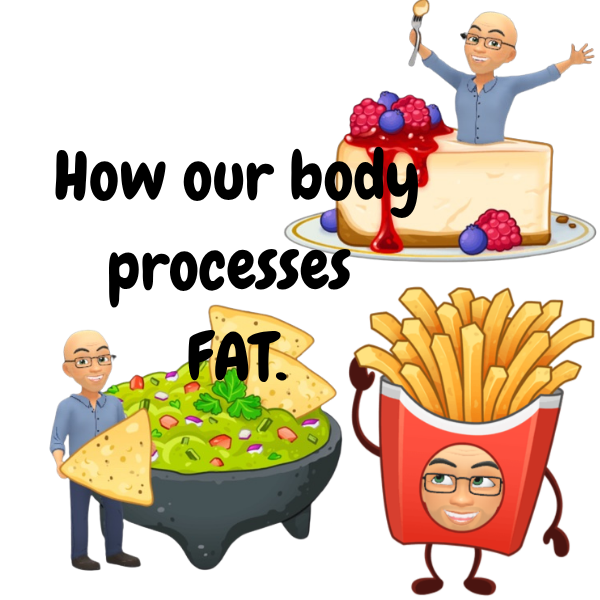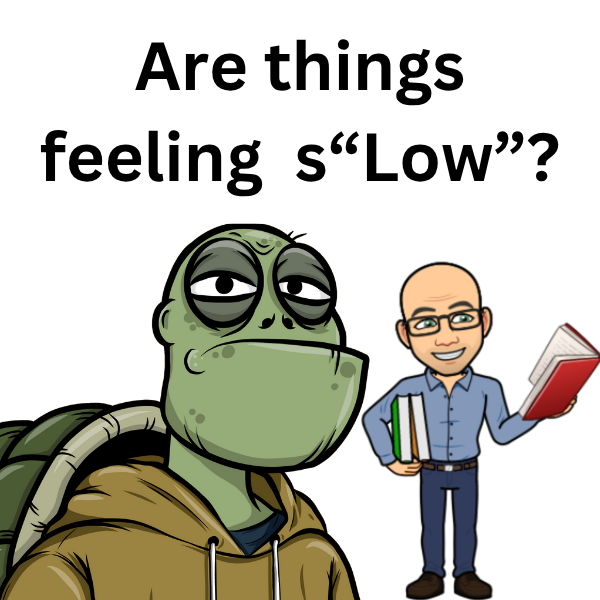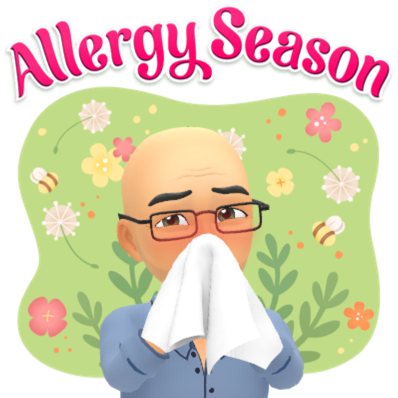A Deep Dive into Dopamine. Part 1

In the following three articles, I will discuss dopamine and how it affects our bodies. Our bodies naturally fight for homeostasis or balance in all areas, whether acid/base balance, electrolytes, or other blood markers. We look for that same balance when it comes to dopamine. Today's article will give an overview of the role of dopamine in our bodies and the importance of this amazing neurotransmitter. In the upcoming weeks, the following two articles will cover the effects of high and low dopamine and how, with the help of targeted nutrients, we can normalize dopamine levels.
In the intricate landscape of human biology, few molecules command as much attention as dopamine. Often hailed as the brain's "feel-good" neurotransmitter, dopamine plays a multifaceted role in our bodies, influencing everything from motivation and pleasure to movement and cognition. Dopamine to the brain is often compared to what adrenalin is to the body; both, when kept in balance, can provide significant benefits. But its importance stretches beyond mere pleasure; it orchestrates a symphony of functions vital for our well-being and survival.
Dopamine belongs to a class of molecules known as neurotransmitters, chemical messengers that facilitate communication between the brain's nerve cells (neurons) and the rest of the body. Dopamine is made in several regions of the brain, including the substantia nigra and the ventral tegmental area (those are a bit hard to spit out).
One of dopamine's most renowned roles is its involvement in the brain's reward system. When we engage in pleasurable activities such as eating delicious food, experiencing intimacy, or achieving a goal, dopamine floods the brain's circuits, creating a sensation of pleasure and reinforcing behaviors that contribute to our well-being. This mechanism is central to learning and motivation, as it encourages us to repeat actions that bring satisfaction.
Beyond pleasure, dopamine also serves as a potent motivator. It fuels our drive to pursue goals, whether they be personal, professional, or academic. Studies have shown that dopamine levels surge when we anticipate rewards, spurring us into action and helping us persevere in the face of challenges. This link between dopamine and motivation underscores its significance in achieving success and overcoming obstacles.
Dopamine's reach extends beyond pleasure and motivation; it also plays a crucial role in regulating movement. This is evident in conditions like Parkinson's disease, where dopamine-producing neurons in the substantia nigra degenerate, leading to motor impairments such as tremors and stiffness. Medications that increase dopamine levels can help alleviate these symptoms, highlighting the neurotransmitter's pivotal role in motor control.
In addition to its effects on mood and movement, dopamine influences cognitive functions such as attention, memory, and problem-solving. Optimal dopamine levels are associated with enhanced cognitive abilities, including improved focus and mental agility. Conversely, disruptions in dopamine signaling can be linked to conditions like attention deficit hyperactivity disorder (ADHD), where individuals may struggle with attention and impulse control.
While dopamine is integral to our well-being, dysregulation of its pathways can have significant consequences. Too much or too little dopamine can disrupt normal brain function and contribute to various neurological and psychiatric disorders. Excessive dopamine activity can occur in conditions such as schizophrenia, characterized by hallucinations, delusions, and impaired cognitive function. On the other hand, deficiencies in dopamine play a part in mood disorders like depression, where individuals may experience profound sadness, lethargy, and anhedonia.
Achieving a delicate balance of dopamine activity is crucial for optimal health and function. Our bodies employ intricate regulatory mechanisms to maintain dopamine balance, ensuring that its levels remain within a narrow range. Lifestyle factors such as diet, exercise, sleep, and stress management can profoundly influence dopamine levels, highlighting the importance of a holistic approach to well-being.
Despite its pivotal role, dopamine is often misunderstood, with widespread media portraying it as solely responsible for pleasure or addiction. While dopamine is indeed involved in these processes, its functions are far more distinct and diverse. Oversimplifications regarding dopamine can perpetuate misconceptions and undermine efforts to address complex issues such as addiction and mental health.
In the context of human biology, dopamine stands as a central figure, orchestrating a symphony of functions vital to our well-being and survival.
From pleasure and motivation to movement and cognition, dopamine's influence involves every aspect of our lives, and understanding its complexity can help us harness its potential for positive change while addressing the challenges of its imbalance. As we unravel the mysteries of this remarkable neurotransmitter, we gain insights into the workings of the brain and what makes us human.
If you would like help or more information about the effects of dopamine in your system, do not hesitate to contact my pharmacy staff to schedule a consultation at 701-483-4858. My articles can be found online at our website, www.irsfeldpharmacy.com. My podcast, "The Irsfeld Pharmacy Optimal You Podcast," can also be accessed through the website.
Until next time, be vigilant about your health!!












Share On: